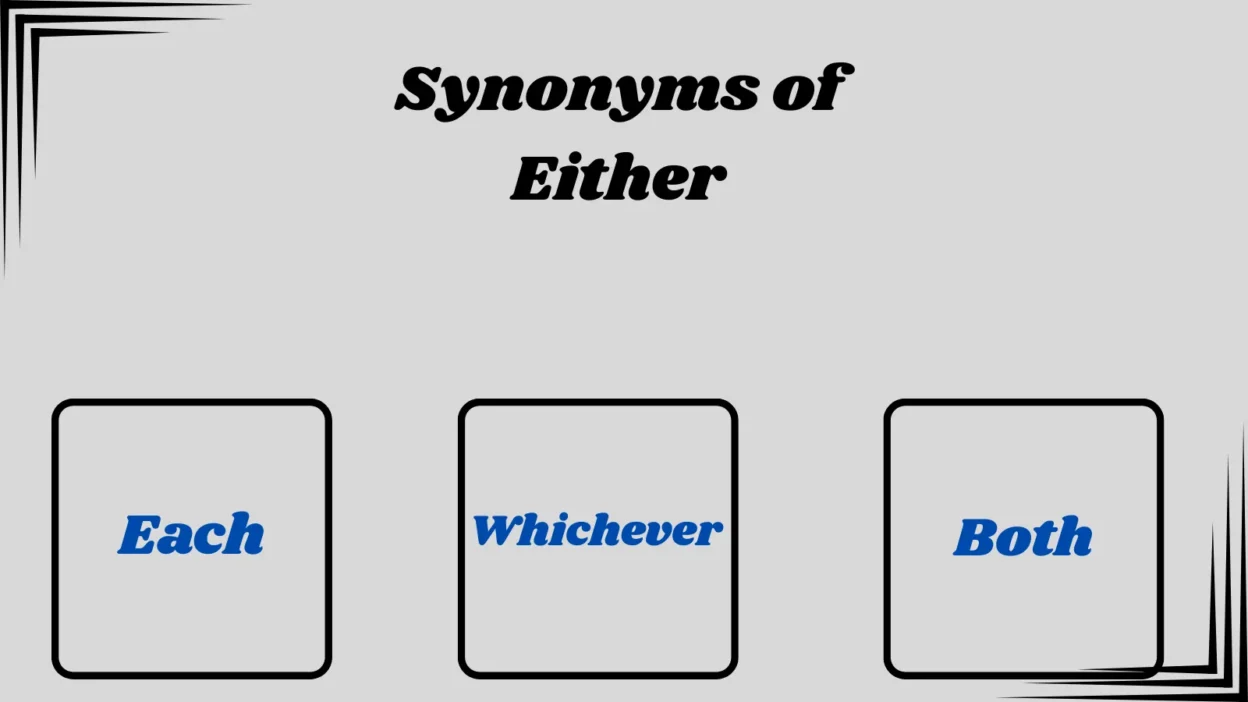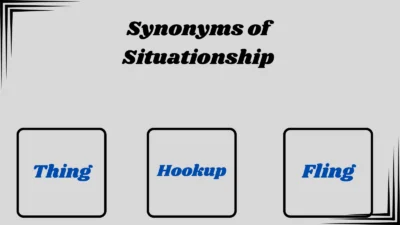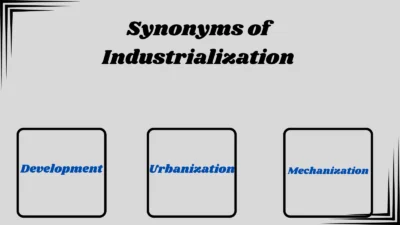Synonyms of either help express choice or alternatives between two options, such as any one, one, or the other, or both. For example, you can choose either coffee or tea. Using the right synonym lets you present options, making your communication precise and easy to understand. Each phrase adds a slightly different tone or emphasis to the choice being made.
Whether you’re writing instructions, dialogues, or everyday conversations, choosing precise synonyms for either sharpens your clarity and flow.
In this article, you’ll get the meaning and example sentence for each synonym of either, so you can express choices with confidence and style. Ready to explore ways to say either? Let’s get started!
What Does Either Mean?
At its core, either is used to mean one or the other of two choices. It can be:
- A determiner: Either jacket will work.
- A pronoun: You can choose either.
- A conjunction: Either you leave now or face the consequences.
- An adverb (often in negative contexts): I don’t like broccoli either.
But either also conveys something subtle: a tone of flexibility, neutrality, or even mild agreement. It can feel modest, polite, or tentative, depending on how it’s used.
30 Synonyms of Either — With Usage Tips and Examples
1. Any
- Use when: Offering multiple options casually.
- Example: Any of the desserts are fine by me.
- Tone: Neutral, relaxed.
2. Whichever
- Use when: Emphasizing indifference or openness.
- Example: Whichever route you take, you’ll get there eventually.
- Tone: Easygoing, agreeable.
3. Both
- Use when: Suggesting that two options are equally valid.
- Example: Both shirts look great on you.
- Tone: Balanced, positive.
4. Each
- Use when: Referring to two items individually but inclusively.
- Example: Each option has its pros and cons.
- Tone: Thoughtful, analytic.
5. One
- Use when: Highlighting a single choice from two.
- Example: One of the two will need to go.
- Tone: Neutral, specific.
6. Any one
- Use when: Clarifying a single choice from a few.
- Example: Any one of these would be perfect.
- Tone: Clear, concise.
7. Neither
- Use when: Denying both options.
- Example: Neither choice appeals to me.
- Tone: Negative, firm.
8. Or
- Use when: Presenting a choice.
- Example: Tea or coffee?
- Tone: Straightforward, conversational.
9. Alternatively
- Use when: Suggesting a second option formally.
- Example: You can call, or alternatively, send an email.
- Tone: Formal, polite.
10. Anyhow
- Use when: Dismissing alternatives lightly.
- Example: Either way, I’m going home anyhow.
- Tone: Casual, dismissive.
11. Whatever
- Use when: Showing strong indifference.
- Example: Whatever you choose is fine.
- Tone: Nonchalant, sometimes annoyed.
12. No matter which
- Use when: Emphasizing all options being equal.
- Example: No matter which path you take, you’ll be fine.
- Tone: Reassuring, supportive.
13. Interchangeably
- Use when: Indicating two things can be swapped without impact.
- Example: You can use these terms interchangeably.
- Tone: Academic, precise.
14. Whether
- Use when: Introducing conditions or alternatives.
- Example: Whether you agree or not, the decision is final.
- Tone: Neutral to formal.
15. Also
- Use when: Replacing either in negative sentences.
- Example: I don’t like it also. (informal)
- Tone: Casual, regional.
Punstab.com is your new favorite place where every pun is funny enough to share with your best friends!
16. Too
- Use when: Like either, in positive contexts.
- Example: I want that too.
- Tone: Friendly, inclusive.
17. As well
- Use when: A bit more formal than too.
- Example: She’s coming as well.
- Tone: Polite, neutral.
18. Another
- Use when: Offering a different single option.
- Example: We could try another route.
- Tone: Suggestive, open-minded.
19. In either case
- Use when: Emphasizing similar outcomes.
- Example: In either case, we’re covered.
- Tone: Reassuring, logical.
20. Whatever works
- Use when: You’re fine with anything.
- Example: Lunch at 12 or 1? Whatever works.
- Tone: Laid-back, agreeable.
21. It doesn’t matter
- Use when: Expressing true indifference.
- Example: Red or blue—it doesn’t matter to me.
- Tone: Apathetic or agreeable.
22. Optionally
- Use when: Something is not required.
- Example: You can optionally complete the quiz.
- Tone: Instructional, formal.
23. Pick one
- Use when: Asking someone to choose.
- Example: Just pick one already!
- Tone: Directive, sometimes impatient.
24. Either/or
- Use when: Framing a strict two-option choice.
- Example: This is an either/or situation.
- Tone: Firm, decisive.
25. Select
- Use when: More formal version of pick.
- Example: Select either option A or B.
- Tone: Instructional, formal.
26. On the other hand
- Use when: Introducing contrast.
- Example: Either way has pros, but on the other hand…
- Tone: Balanced, thoughtful.
27. Choose
- Use when: Asking for a decision.
- Example: Choose either wisely.
- Tone: Neutral to firm.
28. Go with
- Use when: Informal version of choose.
- Example: I’ll go with the red one.
- Tone: Conversational, relaxed.
29. Any of them
- Use when: Flexibly offering choices.
- Example: Any of them will do.
- Tone: Informal, friendly.
30. Either way
- Use when: Indicating that all outcomes are acceptable.
- Example: Either way, I’m happy to help.
- Tone: Positive, supportive.
How to Choose the Right Synonym for Either
Choosing the right alternative depends on tone, audience, and intent:
- 🧠 Casual conversations: Whatever, go with, any, too, as well
- 🧑⚖️ Formal writing: Alternatively, select interchangeably, whether
- 💬 Balanced or diplomatic tone: Whichever, either way, no matter which
- 😐 Neutral stance or indifference: It doesn’t matter, whatever works
- 🚫 Negative or denying both: Neither, not either, also (in negatives)
Cultural tip: In American English, either and too are often used interchangeably (e.g., I don’t like it either vs I don’t like it too). In British English, as well is slightly more common.
Conclusion:
Finding the right synonym for either can help you improve sentence variety, clarity, and tone in your writing. Whether you choose any one, whichever, each, or another alternative, every option offers a slightly different nuance depending on the context. This article has provided 30 thoughtful synonyms, each with meanings, examples, and usage tips to guide you.
By expanding your vocabulary beyond “either,” you can make your language more flexible and engaging. Whether you’re writing formally or casually, these alternatives will help you express choice and comparison with precision.
Keep these synonyms handy to strengthen your communication in any setting.



